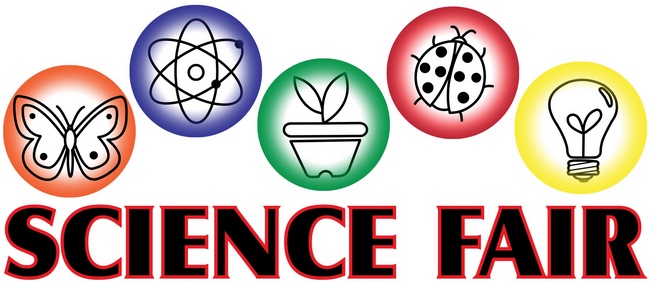In a traditional year, Germantown Academy’s Upper School Science Research students spend the year diligently researching, collecting data, analyzing data, and creating a presentation before traveling to various colleges and high schools to compete in regional science fairs. Of course, like most activities this school year, science fair competitions looked a little different than normal. All three science fair competitions traditionally attended by GA students (the Pennsylvania Junior Academy of Sciences Region 1B Science Fair, the Montgomery County Science Research Competition, and the Delaware Valley Science Fair) were held virtually. Despite these changes, students still developed advanced experiments in fields of interest and spent numerous hours working independently outside of school to complete their projects.
Aesthetically-pleasing trifolds became plain powerpoints with rigid format guidelines, and the interpersonal skills that students typically develop were not necessary with the use of video presentations because they could be recorded time and time again until perfection. Despite the new challenges that virtual competitions presented, GA students performed exceptionally well, with 18 students out of 27 earning 1st place awards in the PJAS competition and 24 students placing in the MCRSC competition, qualifying for the Delaware Valley Science Fair.
Some aspects of the science fair were arguably easier than in previous years, as there was a clear format to follow for presentations that eliminated the common issues of what to put on the poster board. Since the presentation was a video rather than in-person, students no longer had to worry about what direction to take and could just follow the bullet points listed on their slides. The only issue was that students’ videos needed to be close to perfect— no one could rely on charming conversational skills, and judges could not ask any clarifying questions!
However, while it may have been simpler to create the presentation that backs up the data, many students had to reevaluate how they would collect their data due to COVID-19 restrictions. Jason Wang ’22 studied the link between sleep deprivation in teens and neurological disorders later in life, and his experimenting took place entirely in a lab. Unfortunately, he was not able to visit the lab to complete his data collection last school year and was eventually able to start back up this year—but still did not gather as much as he originally hoped. While some students were able to complete their experiments in a more timely fashion due to extra free time, others had to adapt or completely forget about their experiments for safety reasons.
Overall, the students of GA miss the experience of in-person competitions where they can discuss their research with others and view their peers’ projects. The GA independent science research students easily adapted to the new challenges and performed exceptionally well. They are all eager to participate in future in-person competitions where they can express their passion for their projects to judges and their peers.


[…] + Read More Here […]